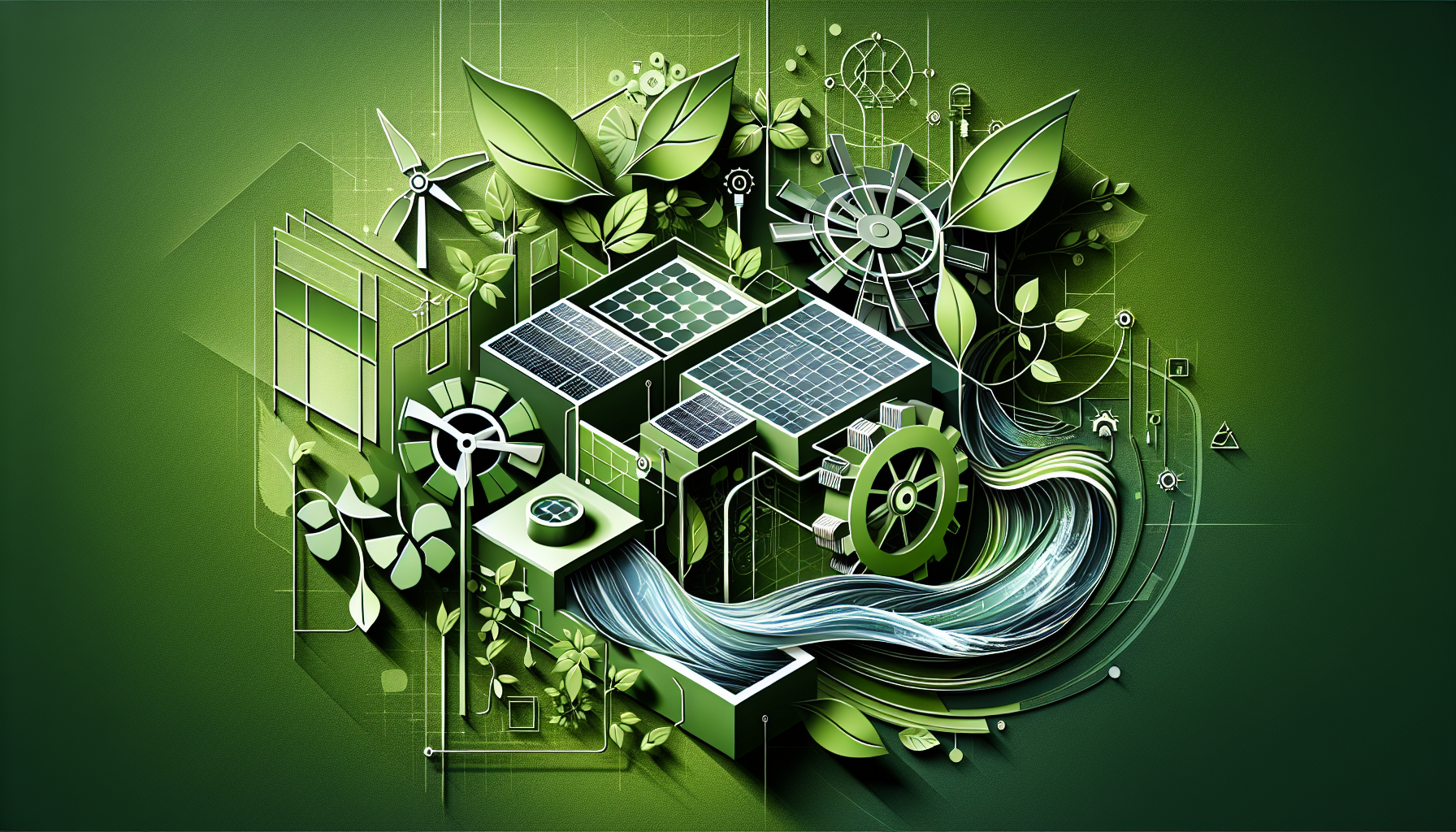
Sustainable technology is a rapidly advancing field that holds immense potential for our future.
As the world becomes increasingly aware of the urgent need for environmental preservation, this form of technology is stepping into the spotlight. From the use of renewable energy sources to the creation of eco-friendly products, sustainable technology is becoming a key player in combating climate change and promoting a greener future for all.
Renewable energy is among the most crucial pillars of sustainable technology. Solar power, wind energy, and hydroelectric methods are not only limitless energy sources, but they also produce much less pollution than traditional fossil fuels. Solar panels are a notable illustration of this, transforming sunlight directly into electricity without any harmful emissions. Today, with advancements in technology, these panels are becoming more efficient and affordable, making solar power accessible to a broader range of consumers.
Wind energy, another renewable source, harnesses the power of the wind to produce electricity. Wind turbines, often seen in wind farms, are a common sight in many parts of the world. These massive structures convert kinetic energy from the wind into electrical power, supplying clean energy to thousands of homes. As for hydroelectric power, it takes advantage of the kinetic energy in flowing water. Dams are a perfect example of this, generating a major portion of the world’s renewable energy.
Electric vehicles (EVs) are another embodiment of sustainable technology. Unlike traditional cars that release harmful gases into the atmosphere, EVs run on electricity, making them a more environmentally friendly choice. With advancements in battery technology and an increasing number of charging stations, EVs are becoming a viable option for many drivers.
Beyond energy production and transportation, sustainable technology also plays a role in the products we use daily. Companies are now creating biodegradable alternatives to plastic products, helping to reduce the amount of waste that ends up in our landfills and oceans.
Additionally, there has been a rise in the production of energy-efficient appliances, which consume less electricity and ultimately reduce our carbon footprint.
However, the adoption of sustainable technology is not without challenges.
High upfront costs can deter potential users, and in some cases, infrastructure isn’t ready for these advanced technologies.
These obstacles should not discourage us, but rather should inspire continued innovation and broadened accessibility.
In the face of these challenges, it’s encouraging to see governments, businesses, and individuals worldwide recognizing the importance of sustainable technology. Incentives are being offered to promote the use of renewable energy and electric vehicles, and businesses are increasingly focusing on sustainability in their operations and products.
Sustainable technology offers a promising path forward in our effort to preserve the planet. As these technologies continue to develop and become more mainstream, we can look forward to a future where clean, renewable energy is the norm, and sustainable products are commonplace. The importance of these advancements cannot be understated, as they are fundamental in the fight against climate change and the push towards a greener future.